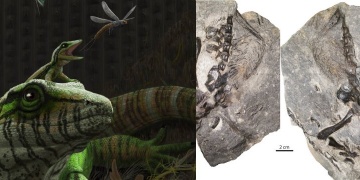
Varanopid from the Carboniferous of Nova Scotia reveals evidence of parental care in amniotes: The specimen, consisting of an adult and associated conspecific juvenile, is also identified as a varanopid suggesting parental care is more deeply rooted…
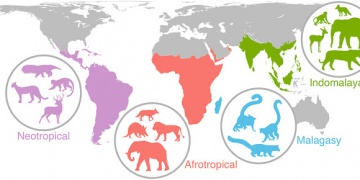
Research in ecology and biogeography often assumes that ecological communities are shaped primarily by recent drivers, such as current climate and human activity. Geographically divergent evolutionary and ecological legacies shape mammal…
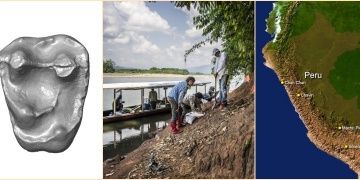
A team of Peruvian and American scientists have uncovered the 18-million-year-old remains of the smallest fossil monkey ever found. The primate specimen is an unworn M1 of exceptionally small size (equivalent in size to the extant callitrichine,…



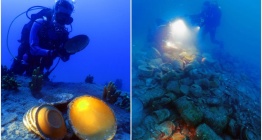
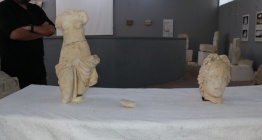
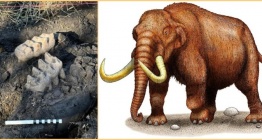







 Bir Sapiens kafilesi Avrupa'ya buz çağında ulaştı, soğuğa direndi ama soyunu sürdüremedi
Bir Sapiens kafilesi Avrupa'ya buz çağında ulaştı, soğuğa direndi ama soyunu sürdüremedi  Prof. Dr. Aytaç Coşkun: Zerzevan Kalesi'nin altında bir yeraltı kenti var
Prof. Dr. Aytaç Coşkun: Zerzevan Kalesi'nin altında bir yeraltı kenti var  Arkeologlar 4 Bin yıl önce salyangozların ne amaçla toplandığını çözmeye çalışıyor
Arkeologlar 4 Bin yıl önce salyangozların ne amaçla toplandığını çözmeye çalışıyor  Binbeşyüz yıl önce Balıkesir'de batan tabak yüklü geminin batığı bulundu
Binbeşyüz yıl önce Balıkesir'de batan tabak yüklü geminin batığı bulundu 

